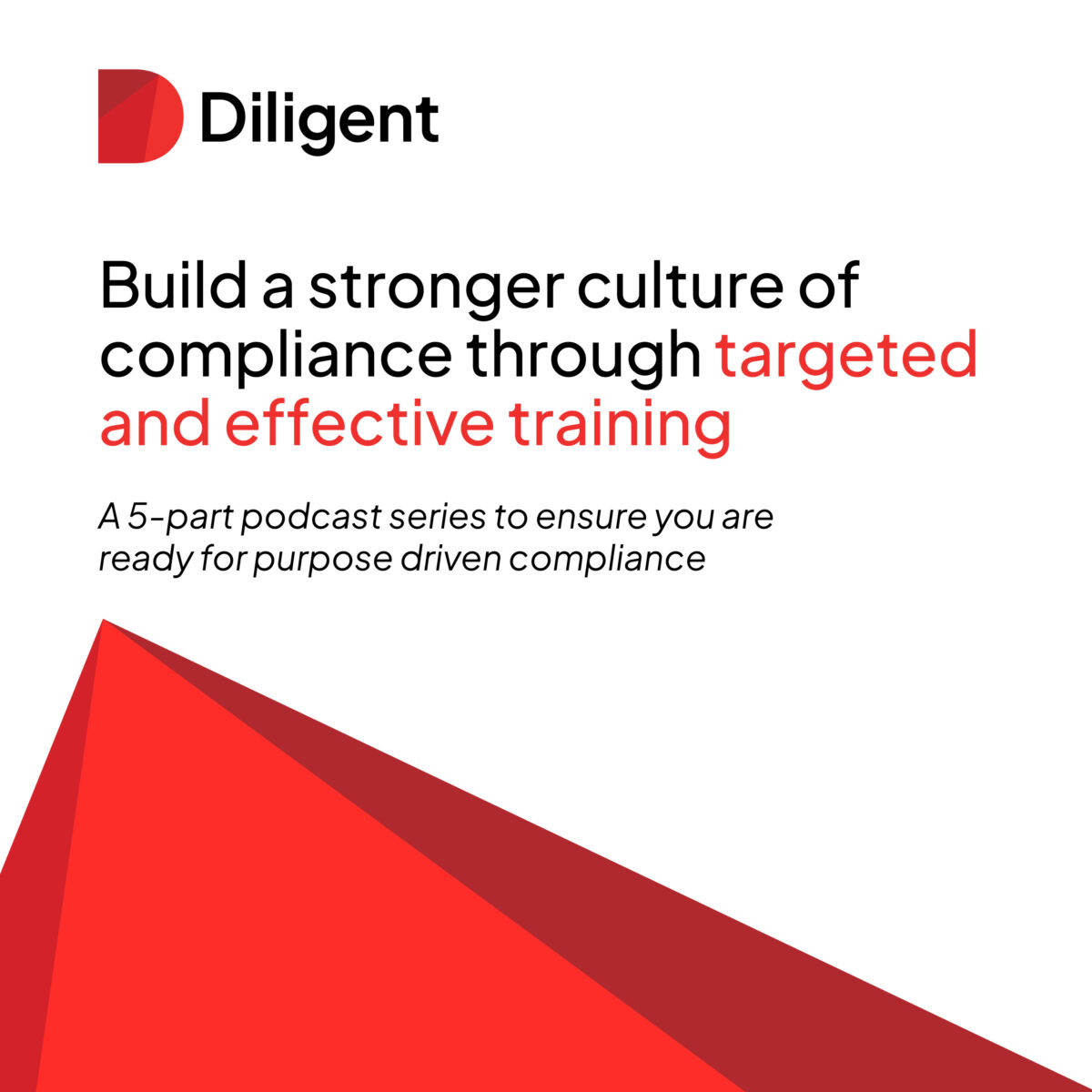In Part 3 of this special five-part blog series, we delve into the potential impact of ChatGPT and AI on education and compliance training. Educators and compliance professionals, this is a must-read for you! As always, I am joined in this exploration by Larry Roberts, whose extensive experience and insights will shed light on how AI-powered tools like ChatGPT can revolutionize education by improving accessibility and affordability. But that’s not all. Roberts’s story as someone who uses ChatGPT for content creation and training courses will make you feel like you are on the same journey. We will consider the challenges corporations face in aligning the AI model with their policies and procedures and how to overcome them. This article will provide valuable answers if you have grappled with how AI can enhance compliance training while ensuring ethical considerations and human control. Get ready to unlock the potential of ChatGPT and AI in education!
Roberts is a prominent figure in the AI industry and an avid educator, continuously exploring and implementing advanced technologies such as ChatGPT. With a background in IT and a deep understanding of how programming and software development work, Larry’s expertise shines through when discussing technical complexities. He is noted for his aptitude in leveraging ChatGPT as an educational tool, maximizing the application’s potential by adapting its conversational models to the user’s needs. Larry, also an effective communicator, can simplify complex concepts for individuals at different stages of the learning process.
Leveraging ChatGPT
Embracing technology, especially artificial intelligence, holds transformative potential for the educational sector. With proper incorporation, AI models such as ChatGPT can massively streamline the content creation process, facilitating e-learning and enhancing the students’ overall learning experience. Artificial intelligence can be a comprehensive tutor, reducing the burden on human educators and making learning more interactive. With a deep training background, Larry Roberts testified to using ChatGPT for crafting speeches and expressed his vision regarding its possible utilization in fabricating in-house training materials. He believes these AI tools, provided with appropriate guidelines, can eliminate the need for subject matter experts and enable anyone to access and learn new topics in depth.
Limitations
The idea of an AI model aligned with company-compliance policies and procedures certainly seems appealing, but it is more complex than it might appear. While AI models such as ChatGPT possess a vast range of knowledge, they lack access to proprietary information or internal methodologies of organizations. Recognizing this, organizations should know that models like ChatGPT can provide training based on best practices rather than the company’s unique operation. While ChatGPT can offer a comprehensive understanding of various compliance-related topics, inherent limitations exist due to the need for more access to company-specific processes or principles. This can be overcome but also highlights the need for a tangible human interface to orient and incorporate ChatGPT within corporate compliance specifics suitably.
Human Element and AI
Even with the rise of AI-powered tools, the human element remains irreplaceable. It is still the humans who design, program, and oversee AI models, and it is paramount that this construction remains so. While AI models continually evolve, they can’t substitute human decision-making, ethics, and judgment abilities. The balance AI models provide with human intervention helps maintain ethical standards and prevent any untoward overstepping of bounds. This essentiality of human oversight cannot be overstated. Their common contention was that AI tools like ChatGPT are potent tools that can revolutionize various sectors. However, they will always require human guidance to navigate ethical considerations and control their capabilities. They cautioned that AI surpassing human control should be approached with wariness. They believe the relationship should be more of a collaboration where humans and AI effectively work together while avoiding over-dependence on technology.
Let us remember that we have the power to shape the future of compliance training. By harnessing the potential of ChatGPT and AI, we can create an inclusive and accessible education system that empowers corporate stakeholders to reach their full potential. The possibilities are endless, and with commitment, dedication, and an open mind, we can revolutionize compliance training and enable stakeholders from all corporate relationships to access advanced knowledge and skills like never before. Together, let’s embrace the power of AI in education and create a brighter future for all learners. Join us tomorrow when we consider how ChatGPT will transform education and compliance training.
For more information on Larry Roberts, check out Red Hat Media.










